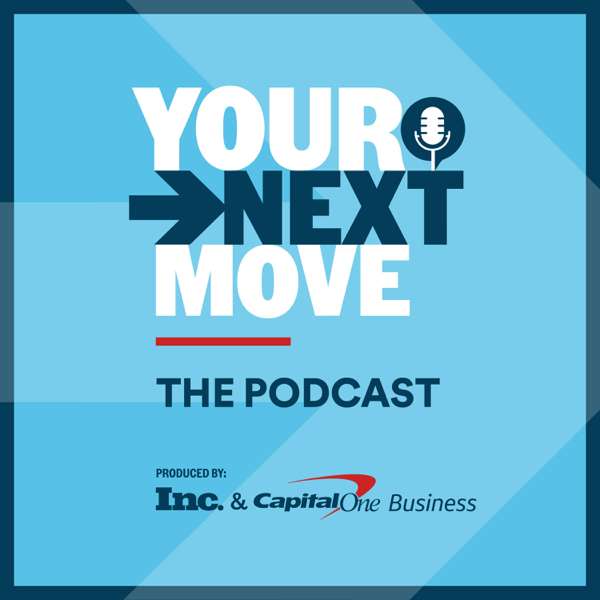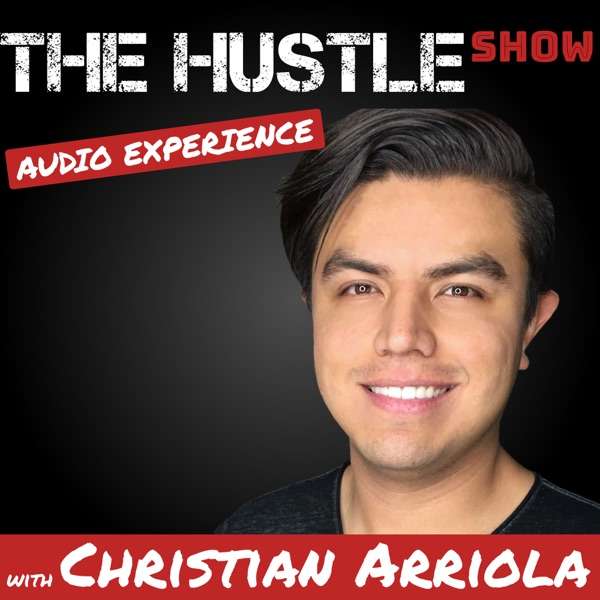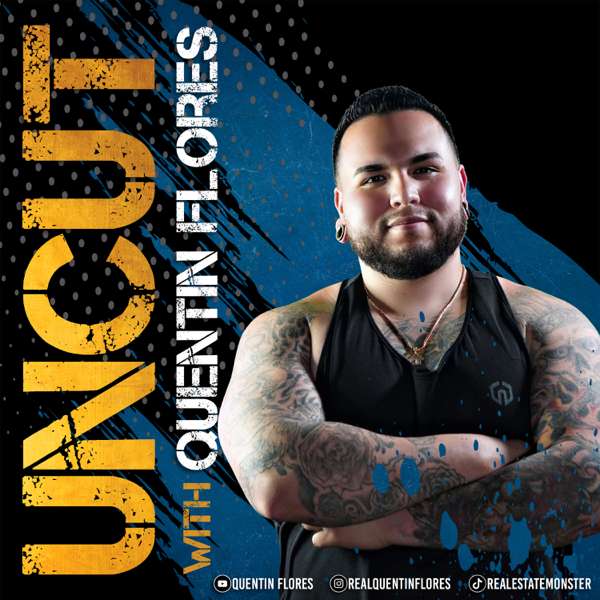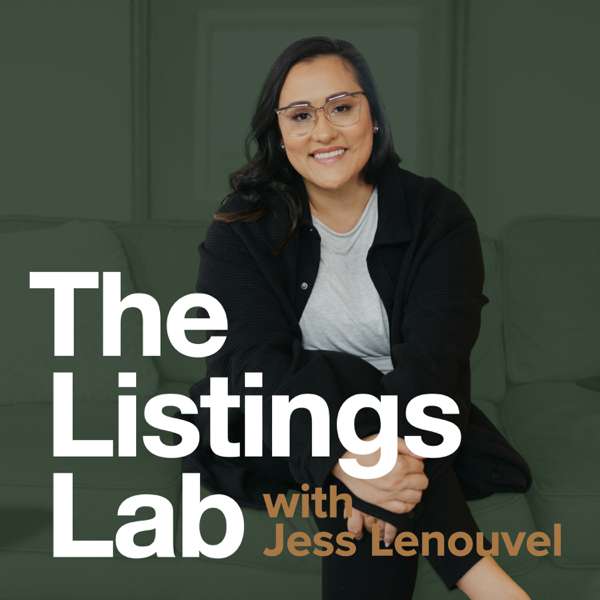Hey Everybody! And welcome to the Pasture-Raised Podcast. My name is Luke Groce. Together with my wife, Katherine, and our four children I run Groce Family Farm in Southern Indiana. I really want to thank you for listening to this, our first episode. If you're at all into pasture-based farming, I hope you'll get some value out of what we're trying to accomplish here. A little about me: I met my wife in 2007. Once I convinced her to Marry me, we started dreaming about having a farm one day. After a year of working on someone else's farm, we started raising vegetables on our own in 2010. After a few years of veg farming, we were finding that, for us and with the way we were doing it, it was difficult to make an income and have time to spend with our young family. We also started to learn about the possibilities with pasture and perennial systems in regenerative agriculture. So in 2014 we began raising pigs in the woods, and in 2015 we purchased and moved to a new farm. Once we arrived here, we began adding in more and more animals and eliminating pretty much all of the crops. Now we are in our sixth year of raising animals on pasture. The enterprises on our farm, in order of economic importance, are chickens, pigs, ducks, cattle, turkeys and sheep. If you don't know me, or know much about me, I'm sure you'll have chance to hear more from me in future episodes. I've been a big consumer of many podcasts over the years, related to whatever interests I have: But most especially farming. I've been thinking about producing a podcast like this for a long time, mostly because it really is the podcast I've always wanted to listen to. Many of my friends and colleagues in this space have produced podcasts that had elements of what I was looking for. But what you'll see here is my attempt at providing just what I always was looking for more of: conversations with good, innovative, and interesting pasture-based farmers out there; to see what is working, what is not working, and how we can all build our farms and farm businesses. My hope is to talk to people who are working on solving the real problems many of us might come across daily on our farms and in the marketplace. Throughout each episode, I hope you'll hear novel and interesting answers to this question: How are different folks with different skills and perspectives in different contexts building farms that can sustain our families, our land, our communities and ecosystems? If you're into that sort of stuff, have a listen! If that's the mission statement, so to speak, of this podcast, then this sort of my shopping list: Here are a few of the markers I hope are present in each of my conversations:
- Regenerative farming Solutions: How are we producing food while positively impacting our ecosystems: What are the ways that, through our impacts on the land, we are improving markers of biodiversity, wildlife habitat, and cleaner water, air, and improved soils.
- Pasture-Based agriculture: The farms I hope to highlight are pasture-based farms. We are pastoralists, and our craft is a big part of what I want to dive into. I want to talk to folks who are doing good work in this field about this craft. Sometimes it may look like nerding out or talking shop. But I want to go deep into the particulars with those who are innovating and applying their creativity to the craft of regenerative grassland management, rotational grazing, and ecosystem solutions.
- Profitable Farms: The solutions we pursue on the land can only be long-term solutions if we can obtain and manage a yield adequate to provide for a family, or multiple families. We will be talking about how we can make our interactions with the land economically sustainable. My hope is that these conversations will touch on all manner of aspects of how we can do that: running efficient operations with sound business principles, understanding necessary metrics and how we can manage essential resources of time, labor, capital, energy, etc better. Sustainable farms are profitable farms and profitable farms are real businesses and running real businesses is a skill and requires some thought. I used to think that spreadsheets and a system for organizing invoices was boring, until I realized it was the thing I could work on to make my farm succeed. Then it became fascinating to me!
- Featuring farms that communicate and market well: A piece of economic sustainability is finding those who are looking for what we have to offer, and then communicating with them well. I'll hope to talk to farmers about how we can share our stories, but also how we can make sure we're communicating in a way that helps people see how we can bring solutions to bear in our customers lives. I hope to chat with folks who are thinking about their customers' experiences from first contact through to the eating experience and beyond.
- Farmers who are figuring out how to balance life on the land with raising a family. I won't exclusively talk to people who have young families, such as mine. But I do want to hear how people are keeping themselves, their relationships and the people around them as healthy as possible while they do the hard work of running a farm business. If it hasn't become apparent yet, this podcast -while not about my life per se- is about all the things I spend my life thinking about, doing, and being invested in. That happens to be the kind of things that I want to have discussions about. All of the things discussed above are, in my case, done so that I can enjoy life on the land with my family, living a well-balanced and considered life. So I plan to talk to people who I think are doing an exemplary job of raising a family in an agrarian context about just that. Some conversations may not touch on this topic. And others may be entirely focused on it. But in the end, this is the topic that underlies every other one for me: because it is the end goal, for me, of all we do here.
- Solving the issues that come alongside rural life, and navigating the new rural economy: I suspect that I'll have chances to talk to first generation farmers and seventh generation farmers. But either way, I'll be talking to people who work in pastures. And pastures are usually in rural areas. In some places, rural areas have seen issues related to urban sprawl and dwindling opportunities for land access. But also in other places, declining populations, brain drain, vanquished economies, and real social and community decline are a set of local issues to contend with. I suspect we will get into these topics some: including the nature of those issues. But also solutions, and how regenerative agriculture fits into rural economies now, and into the future.
So that's it. That's the vision for this thing. It's my dream podcast. So each episode will feature those kinds of conversations with those kinds of farmers. If you're into that, feel free to subscribe and listen along. If you want to see what I have going on on my farm, feel free to check us out on facebook or instagram: at Groce (G R O C E) Family Farm. Our website is grocefamilyfarm.com

 Our TOPPODCAST Picks
Our TOPPODCAST Picks  Stay Connected
Stay Connected







